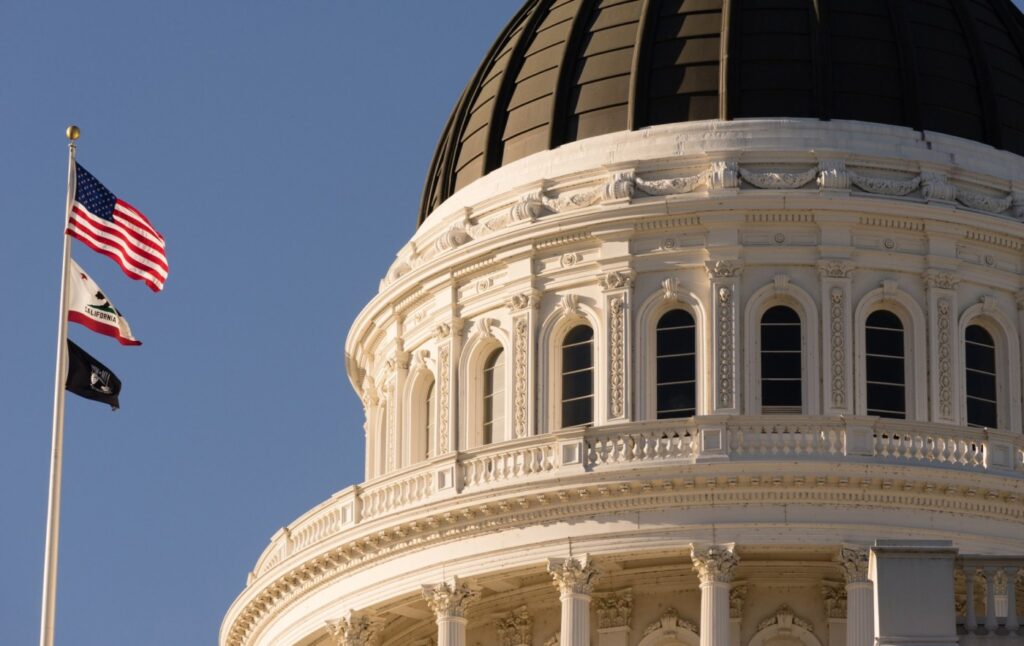
What a pernicious bill. Assembly Bill 5 was signed into law in 2019 by Gov. Gavin Newsom and has caused nothing but chaos ever since, spawning major lawsuits. It classified most “gig” workers, such as Uber and Lyft drivers, as employees of a company, not independent contractors. As part of the wrangling over the bill, 100 professions were exempted.
It was authored by then-Assemblymember Lorena Gonzalez-Fletcher, D-San Diego, who since has gone on to become the executive secretary-treasurer of the California Labor Federation, AFL-CIO. That shows AB 5 was nothing more than a union power grab.
In 2020, Uber and Lyft got voters to pass Proposition 22, mostly exempting their drivers from AB 5. Last year a state appeals court upheld the crux of Prop. 22. But the case, Castellanos v. California, was appealed by the California Gig Workers Union and the Service Employees International Union. CalMatters reported of California Supreme Court justices, “Based on their line of questioning, California Supreme Court justices seemed to be reaching for a compromise as they heard oral arguments” on May 21. A decision is expected by the end of August.
In the federal case Olson v. California, Uber and its food-delivery subsidiary Postmates argued Prop. 22 violated the “equal protection” clause of the U.S. Constitution because it carved out exempted professions. On June 10, an 11-member panel of the 9th U.S. Circuit Court of Appeals in San Francisco rejected Uber’s contention and upheld AB 5.
The opinion written by Judge Jacqueline H. Nguyen found “there are plausible reasons for treating transportation and delivery referral companies differently from other types of referral companies.” Those reasons motivated “AB 5 and the lines it draws between workers in different industries and occupations.”
Uber lawyer Theane Evangelis responded in a statement that, with Prop. 22, voters rejected AB 5 for drivers because it “threatened to take away the flexible work opportunities” of gig workers. And Uber spokesman Noah Edwardsen said the decision “does not change the status of the law in California in any way.”
In January, the Biden administration, under the Fair Labor Standards Act, issued a ruling similar to AB 5. In March the ruling was challenged in federal court by the U.S. Chamber of Commerce. The ruling establishes six vague factors to determine who is a gig worker, Vittorio Nastasi told us; he’s the director of criminal justice policy at the Los Angeles-based Reason Foundation. The ruling, he said, even allows “additional factors that make it difficult for a business to determine whether they properly classify workers.”
Aside from the legal outcome of these cases, the problem is AB 5 and the Biden ruling remove the freedom of workers to choose their own employment situation. A gig worker has chosen flexibility over the benefits, such as health care, of regular employees. A gig worker might already have medical benefits from a spouse or Medicare.
Ultimately, AB 5 and the Biden rule are an attack on the direction work environments are going. Congress ought to enact a national law protecting gig workers’ freedom to live as they please.
